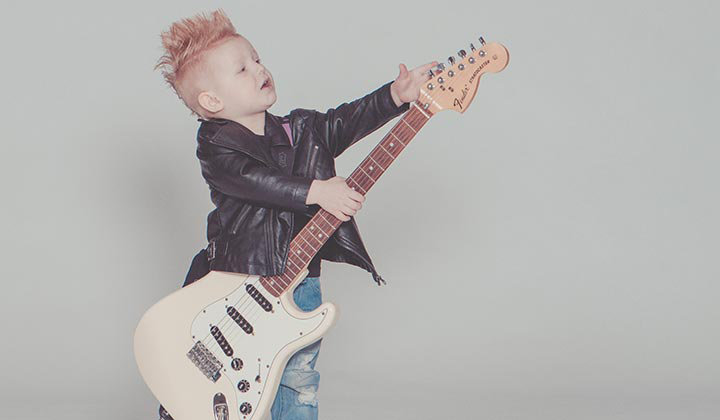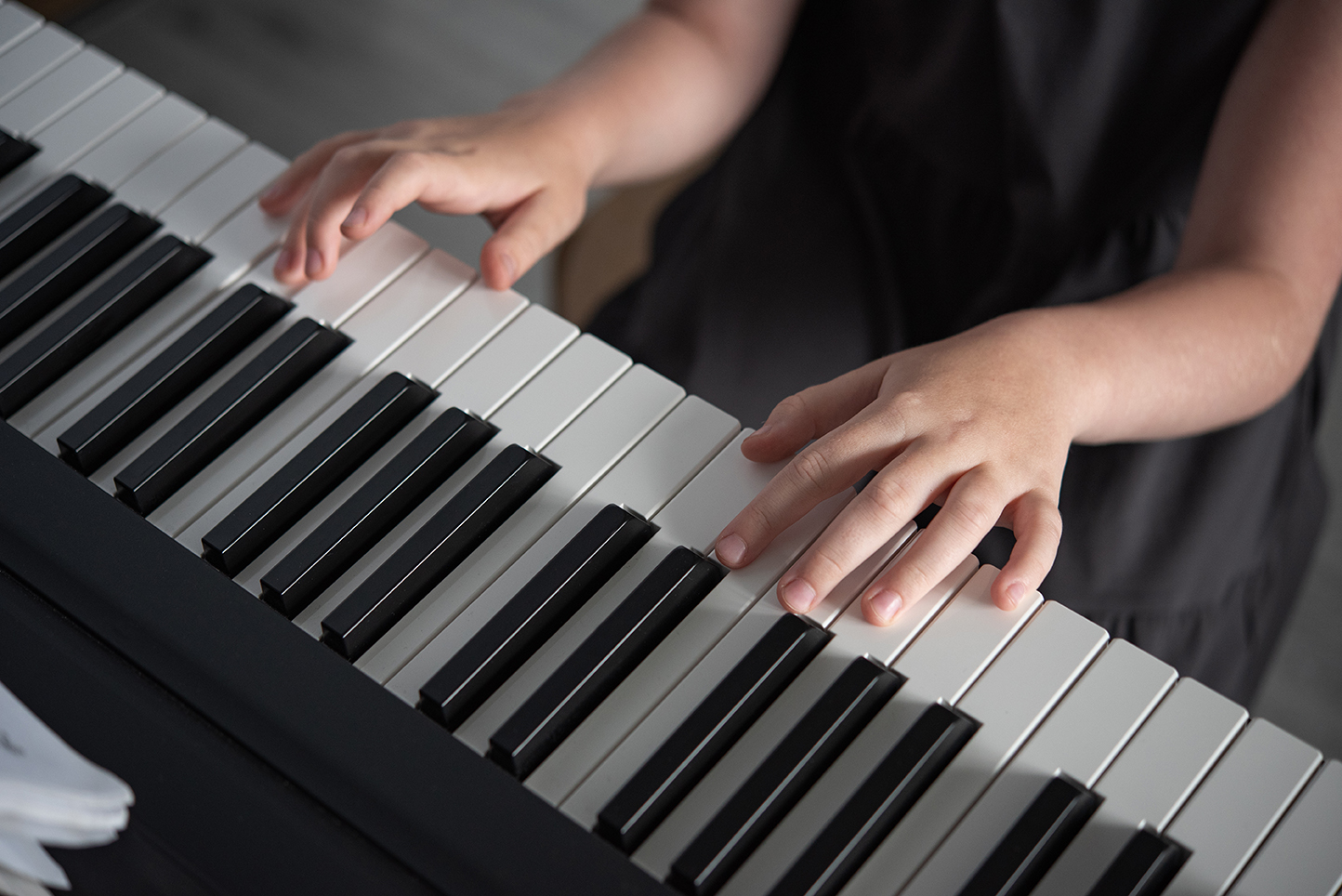5 music practice tips after a (longer) break
Latest Posts • September 3, 2018

Another summer is coming to an end. School is starting soon – or work, university, etc. The classrooms at Modern Music School get a little quieter during the summer too and we’re super excited to have all our students back soon. We’re also equally excited to welcome our new students, of course!
One thing we notice after every summer break: many students return with enhanced skills at their instruments!
How can that be?
In the field of learning psychology, this phenomenon is called an “incubation period.” An incubation period is a well-deserved break for the brain after having intensively focused on a problem or task – our instrument! An incubation period lets the brain recover from hard effort while the subconscious mind “takes over” and finds suitable solutions.
For our instrument, this may mean that:
We forget about our bad playing and practicing habits and replace them with new, better ones
We return with more enthusiasm and joy of playing
We suddenly master tricky techniques quite naturally
We are inspired and compose new songs of our own
In an ongoing effort, neuroscientists research what helps us to be creative and solve problems and assign the “incubation effect” a crucial role in this process. It acts like a light bulb moment – this moment when you suddenly find a solution to your problem. In this case, for example, a clean playing technique, motivation, new ideas and new perspectives.
To help you – or your children – to get back into a good practice routine after a break, here are our 5 top tips for practicing music:
Fun comes first. Play the songs you really like and practice with joy! The more you enjoy your practice, the more you’ll learn.
Stop thinking and start doing. Just get started. Use your time and energy wisely and don’t waste it on an inner dialogue of excuses and self-doubt.
Always start small. Make it as easy as possible for you. Everybody can get two minutes of practice in and they’ll easily turn into five or ten minutes once you start.
Short and regular, as supposed to long and inconsistent. Frequent repetitions initiate the best learning results, something neuroscientists have known for a long time.
[Parent tip] Instead of forcing your children to practice, try learning alongside them. Ask to be shown what your child is practicing, and then ask him or her to teach you. Get involved and turn practice time into quality family time — it’ll double your child’s interest in learning.
When it comes to your music practice, it’s all about making it fun and into a source of energy and joy – then, progress will be inevitable!




Leave A Comment